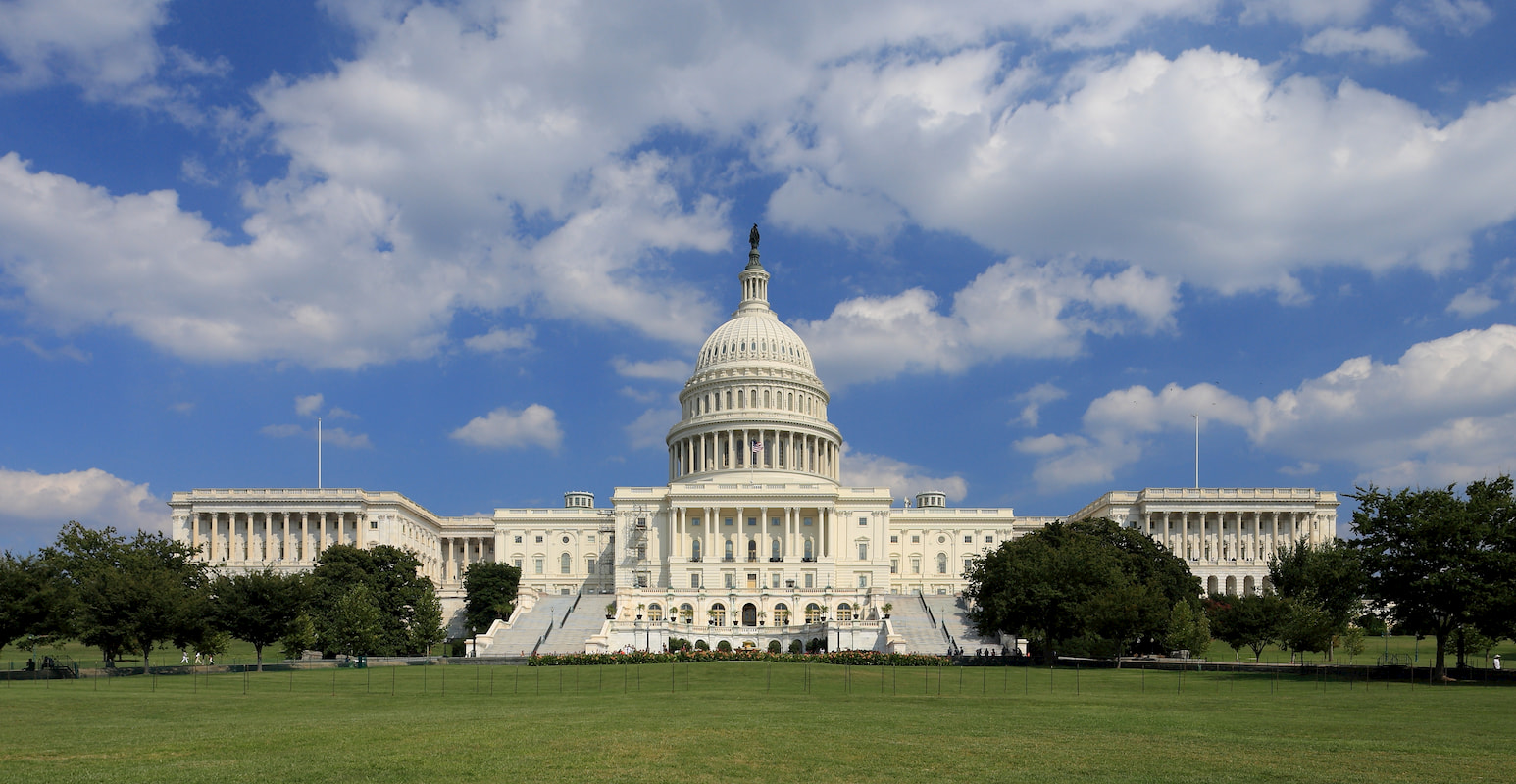Federal court slaps down State Department’s attempt to deny passport to intersex citizen
Dana Zzyym refuses to lie about their gender identity in order to obtain a passport

The U.S. State Department exceeded its authority when it attempted to deny an intersex citizen a passport simply because of their refusal to mark their gender as either “male” or “female.”
U.S. District Judge R. Brooke Jackson of the District Court of Colorado ruled that the State Department was not within its rights under the Passport Act of 1926 when it refused to grant Navy veteran Dana Zzyym, who also identifies as non-binary, a passport to travel to Mexico City in 2014.
Even though the State Department received a copy of Zzyym’s birth certificate listing their sex as “unknown”, and confirmation from their doctors with the U.S. Department of Veterans Affairs that Zzyym is indeed intersex, it rejected Zzyym’s request for a passport, forcing them to miss a conference, as well as several other work-related activities abroad.
Enlisting the help of Lambda Legal, Zzyym sued the State Department, claiming that it had violated their due process and equal protection rights under the Fifth Amendment to the U.S. Constitution, as well as the federal Administrative Procedure Act, by denying Dana a passport that accurately reflects their gender. The U.S. District Court for the District of Colorado ruled in Zzyym’s favor on Nov. 22, 2016.
Yet despite having lost the first case, the State Department proceeded to double-down on its refusal to issue Zzyym a passport, arguing that designating a traveler as male or female, regardless of their gender presentation, is essential to ensuring the accuracy and validity of the passport, and the problems associated with classifying and recognizing the existence of a third gender.
Jackson rejected those arguments in an opinion issued Wednesday evening, finding the State Department’s rationales for rejecting Zzyym’s passport application to be “inadequate.”
“The authority to issue passports and prescribe rules for the issuance of passports under [the Passport Act] does not include the authority to deny an applicant on grounds pertinent to basic identity,” Jackson wrote. “Recognizing the unreasonable delays Dana has faced in the issuance of a passport with an intersex marker, the Court enjoins the Department from relying upon its binary-only gender marker policy to withhold the requested passport from Dana.”
Zzyym celebrated the victory, saying they should not have to lie on their application just to obtain a passport, without which they have been unable to carry out some of their work duties that require international travel.
“It is well past time for Dana Zzyym and other non-binary citizens of this country to be recognized and respected for who they are, to live openly and authentically, and to be able simply to travel freely about the world,” Zzyym’s lawyer, Lambda Legal Senior Attorney Paul Castillo, said in a statement.
“Dana is intersex, and identifies as intersex and non-binary, but the U.S. Passport application did not allow them to identify themselves accurately. In light of this ruling, we call on the State Department to promptly issue Dana this essential document that accurately reflects their gender.”
There are at least 10 countries that issue gender markers other than female or male, often opting for “X,” a gender-neutral designation for intersex and non-binary individuals. Those countries are: Australia, Bangladesh, Canada, Denmark, Germany, India, Malta, Nepal, New Zealand, and Pakistan.
“Several countries issue passports with gender markers other than male or female,” Castillo added. “Last year, Oregon officials unanimously voted to allow state residents to select ‘X’ as a gender marker for their drivers’ licenses and state IDs, and the District of Columbia, California, Washington, and Maine have followed suit. If they can do it, why can’t the U.S. State Department?”
Support Metro Weekly’s Journalism
These are challenging times for news organizations. And yet it’s crucial we stay active and provide vital resources and information to both our local readers and the world. So won’t you please take a moment and consider supporting Metro Weekly with a membership? For as little as $5 a month, you can help ensure Metro Weekly magazine and MetroWeekly.com remain free, viable resources as we provide the best, most diverse, culturally-resonant LGBTQ coverage in both the D.C. region and around the world. Memberships come with exclusive perks and discounts, your own personal digital delivery of each week’s magazine (and an archive), access to our Member's Lounge when it launches this fall, and exclusive members-only items like Metro Weekly Membership Mugs and Tote Bags! Check out all our membership levels here and please join us today!

























You must be logged in to post a comment.